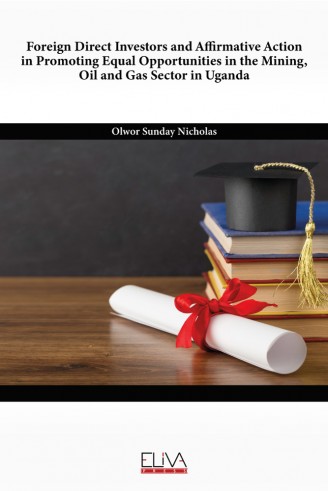
Foreign Direct Investors and Affirmative Action in Promoting Equal Opportunities in the Mining, Oil and Gas Sector in Uganda
€ 70
Descripción
The activities of extractive industries on the lands of indigenous peoples and communities have had significant human rights impacts, either negatively or positively. Some oil, gas and mining companies, especially MNCs in Uganda have policies and guidelines on indigenous people’s lands and as well provide capacity building to their staff to be cautious about rights of local communities. Despite universally accepted human rights standards protecting indigenous peoples, national laws that recognize their lands and rights to be consulted as well as a growing body of jurisprudence endorsing these norms, indigenous peoples continue to face unprecedented pressures on their lands and resources most often resulting into conflict and a negation of their rights. In Uganda, the discovery of oil deposits, coupled with government’s push to expedite economic growth and development, has become a breeding ground for conflict. Extractive activities with harmful human rights outcomes are being launched throughout the country and host communities are feeling the heat of the problem. The purpose of this research has been to generate greater understanding of the situation of natural resource extraction and exploitation and the consequent human rights implications upon the most vulnerable and discriminated segments of the society. While Uganda’s Mining Laws require a surface rights agreement to be negotiated with land owners, prior to active mining and payment of royalties to land owners once revenue starts flowing, the law however, does not require any communication or consent from the local community or population during exploration works.
